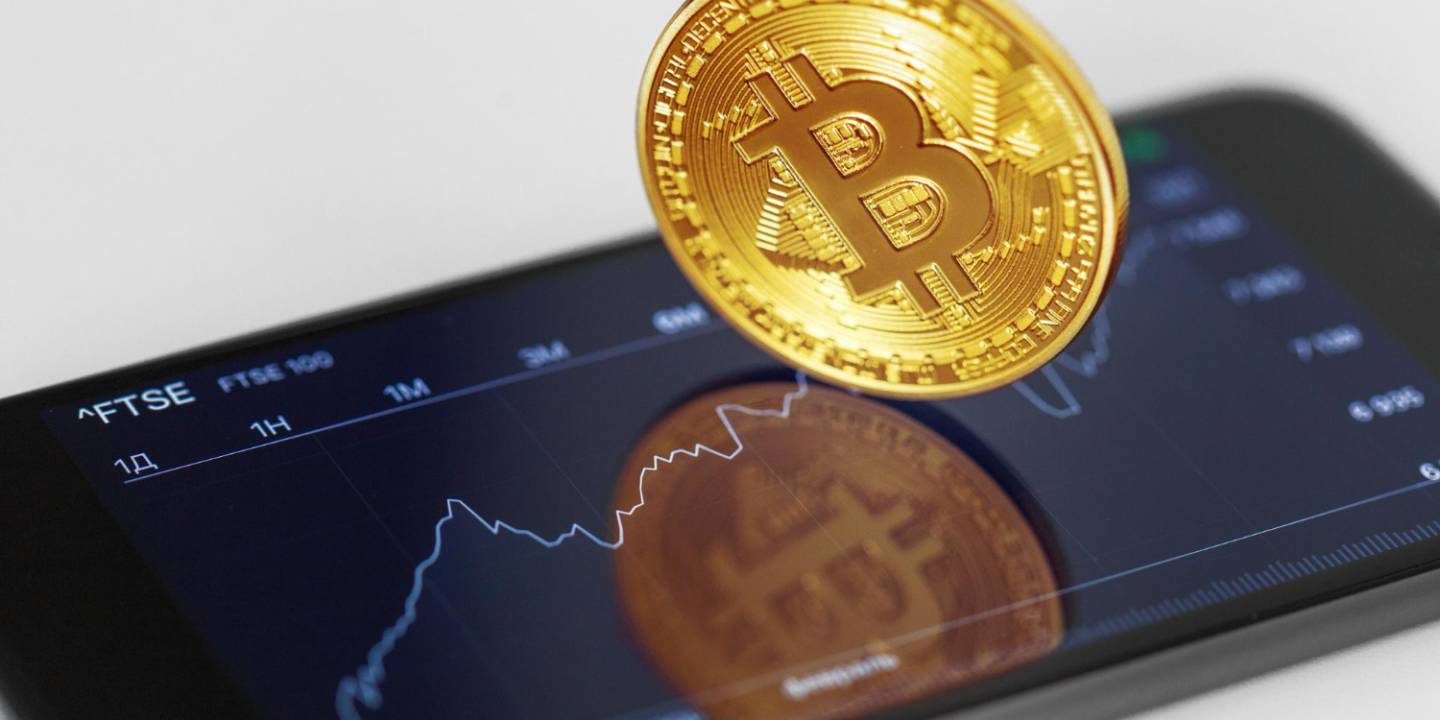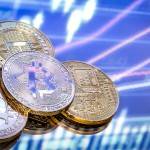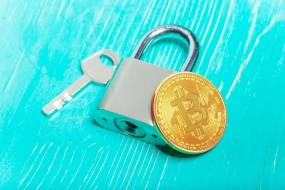
Due to growing concerns about inflation and the economy, investors have shied away from risky investments, which has contributed to the recent decline in the price of Bitcoin.
Market expert Charles Edwards, meanwhile, thinks that even though there are good reasons to exercise care, investors' risk aversion and expectations of a recession may be exaggerated.
In fact, there are signs that the market's ability to hit new lows may have passed its worst.
Following the release of hotter-than-anticipated economic statistics in February, inflation anxiety is on the rise, and the US stock market is on the verge of a critical tipping point.
The economy is displaying signs of resilience that could shield it from a big downward move despite growing investor concerns.
But, Bitcoin is also experiencing volatility due to the market's growing risk-off attitude.
Even if there are good reasons to exercise caution until the publication of fresh economic data and the March Federal Reserve meeting, some signs point to the possibility that the worst in terms of the market hitting new lows may be behind us.
Inflation that has been at a decade-high levels has been one of the main concerns of the current bear cycle, which started in 2022.
The Consumer Price Index (CPI) increased by 0.2% from the previous month in January, which was hotter than anticipated.
A fall in the housing market, which accounts for more than 40% of the CPI's weighting but has exhibited no evidence of it, is one sign that inflation may continue to be sticky.
However a Charles Edwards analysis claims that inflation has been in
Notwithstanding rising inflation rates, there is now significantly less of a chance of a stock market recession.
In the research, Edwards points out that the labor market is still strong and the unemployment rate is low, which is remarkable, particularly at the "late end of the cycle."
As a result, the likelihood of a stock market recession is decreased, yet the market is now more vulnerable to rising unemployment.
If unemployment rates respond to the Fed's hawkish stance, a stock market decline brought on by the possibility of a recession might occur swiftly.
The paper states that the S&P 500 index has experienced the greatest declines in the preceding 50 years when similar recessionary fears were pervasive: -21%, -27%, and -20%.
It's reassuring that the most recent 2022 bottom also marked the -27% decline point.
In conclusion, the economy is in a far better condition than anticipated, despite the fact that there is undoubtedly risk in the market.
A recession is less likely to occur than before.














